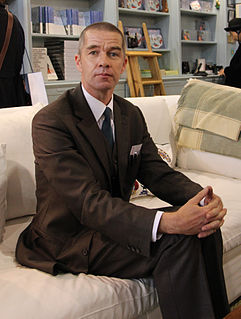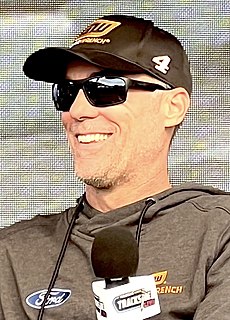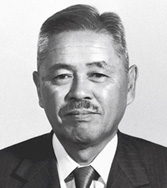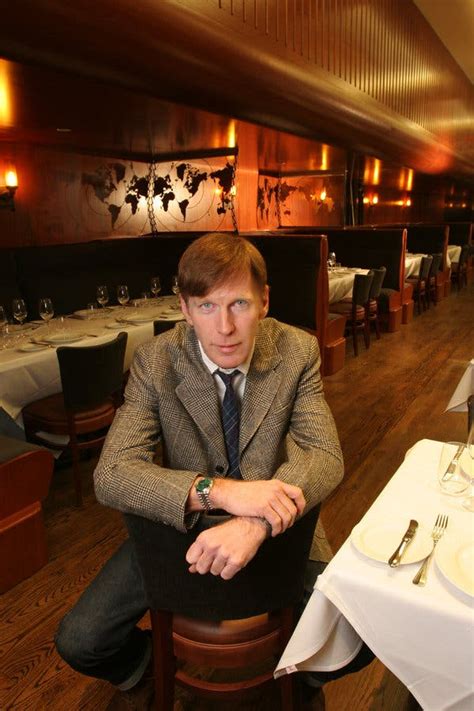A Quote by Ursus Wehrli
What I do, basically, is look at things from different angles. That is what I do on stage comedically, and that is what I do in art. I was always fascinated by the structure of things, why things work this way and not that way. So I like to see how things behave if you change the point of view.
Related Quotes
It's joyful in that there's another point of view on all things, you know, not just mine. That's why I like to write and collaborate with people. There's another point of view, and when those two things come together, and people work at it really hard, they get something that is the whole is more than the sum of - is that how you say that?
There seems to be something in the zeitgeist, and maybe it's a function of - I'm no analyst, nor am I a psychologist - when you look at things and say, What if I could go back and change things? I think we live in a world right now where people are asking those questions a lot. What if we could go back and change what we did? How would we change the way we handled things in the Middle East, and how would we change things with the banking industry, and how would we change economic and educational issues?
I think when you have kids, it definitely makes you look at things from a different perspective, but I think that the biggest thing it's done is it's made me look at things from a different perspective from a professional standpoint in how you analyze things and how you look at things and how you react to things.
If you are going to do kaizen continuouslyyou've got to assume that things are a mess. Too many people just assume that things are all right the way they are. Aren't you guys convinced that the way you're doing things is the right way? That's no way to get anything done. Kaizen is about changing the way things are. If you assume that things are all right the way they are, you can't do kaizen. So change something!
My mother was always expanding my art skills and getting me to paint different things. You always got to push some. And, I mean, I learned basic things like getting up on time, how to shop - you know, you don't touch things in a store you're not going to buy. These things were taught very young. I don't see today enough of this basic, you know, basic skill teaching.
I always look at magazines and wind up standing there like, "Whose house looks like this? Who lives this way?" I never can understand what the point of view is. The only thing you can really do, being a decorator, is put an educated client towards what it is they don't know about. The dialogue between a client and a decorator should be more about, "Let me help you get to the point where you can find a comfortable place to live and be exposed to things," the way that an art consultant exposes a person who wants to buy art to art, instead of inflicting good taste upon them.

































